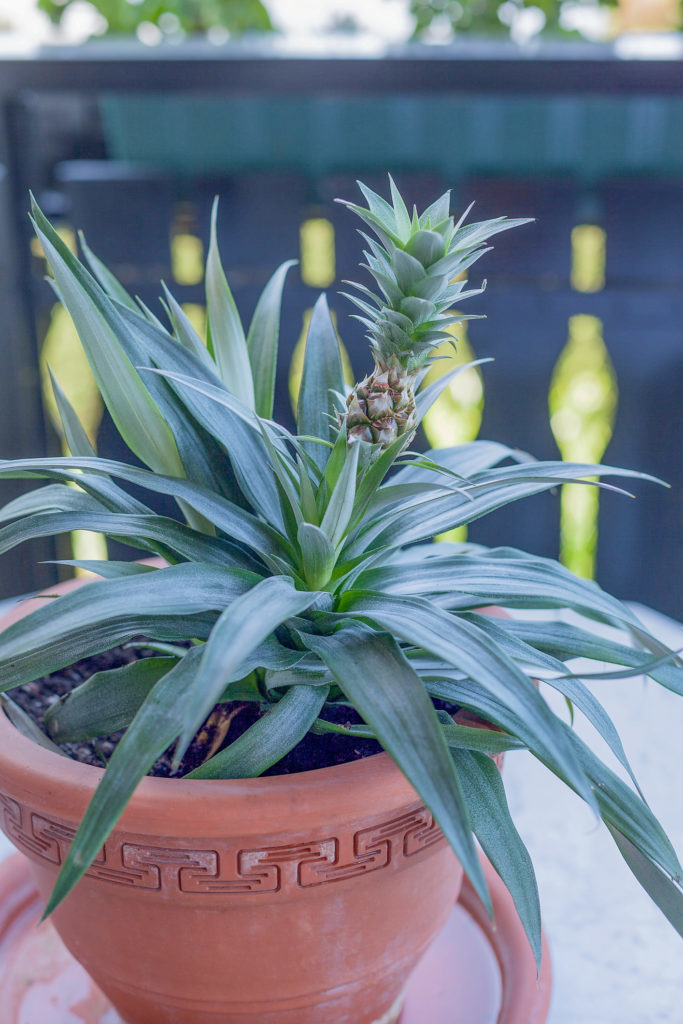Garbage Can Gardening
go.ncsu.edu/readext?561032
en Español / em Português
El inglés es el idioma de control de esta página. En la medida en que haya algún conflicto entre la traducción al inglés y la traducción, el inglés prevalece.
Al hacer clic en el enlace de traducción se activa un servicio de traducción gratuito para convertir la página al español. Al igual que con cualquier traducción por Internet, la conversión no es sensible al contexto y puede que no traduzca el texto en su significado original. NC State Extension no garantiza la exactitud del texto traducido. Por favor, tenga en cuenta que algunas aplicaciones y/o servicios pueden no funcionar como se espera cuando se traducen.
Português
Inglês é o idioma de controle desta página. Na medida que haja algum conflito entre o texto original em Inglês e a tradução, o Inglês prevalece.
Ao clicar no link de tradução, um serviço gratuito de tradução será ativado para converter a página para o Português. Como em qualquer tradução pela internet, a conversão não é sensivel ao contexto e pode não ocorrer a tradução para o significado orginal. O serviço de Extensão da Carolina do Norte (NC State Extension) não garante a exatidão do texto traduzido. Por favor, observe que algumas funções ou serviços podem não funcionar como esperado após a tradução.
English
English is the controlling language of this page. To the extent there is any conflict between the English text and the translation, English controls.
Clicking on the translation link activates a free translation service to convert the page to Spanish. As with any Internet translation, the conversion is not context-sensitive and may not translate the text to its original meaning. NC State Extension does not guarantee the accuracy of the translated text. Please note that some applications and/or services may not function as expected when translated.
Collapse ▲Liz Driscoll | NC State University 4-H Extension Specialist
After devouring a tasty pomegranate or pineapple, propagate them into a garden! Many common fruits and vegetables that we eat can be easily rooted and grown on a windowsill. Scraps from the kitchen are great opportunities to experiment and find out what will flourish. Try leftover lentils, garbage-bound garlic or a compostable carrot top. Use your imagination and observe what happens.
Root Remains
Remaining portions of your favorite roots like carrots, beets, turnips, parsnips, and rutabagas will sprout leaves. Cut 1-1.5 inches from the top of your root. Place the cut end down in a saucer filled partly with pebbles for support and water. Keep your cutting in full light and new leaves should soon emerge. Another interesting way to grow roots for a short time is to cut a 2-inch section from your root and hollow out the middle to form a water reservoir. Pierce a skewer or toothpick through the root and tie string to the ends and hang in a sunny window. Continually keep the reservoir full with water.
The Pineapple Top Twist
Before slicing a pineapple, firmly grasp the bottom of the fruit in one hand and with a wiggle of your hips, twist the leafy top off with your other hand. Another method is to slice (with adult supervision!) off the top inch of the fruit and carefully cut away most of the flesh to leave the stringy part from the middle. Leave the pineapple top out for a couple days to callus (this helps prevent rotting) and plant in a well-drained soil and keep in a warm place. You may also try rooting by putting the leafy top into a jar of water, changing it often to keep the water clean. Pineapples make great houseplants and can even produce fruit if kept in a warm environment or grown outside in the summer, Figure 2.

Figure 2. Pineapple tops can be planted in containers and taken inside in cooler months.


